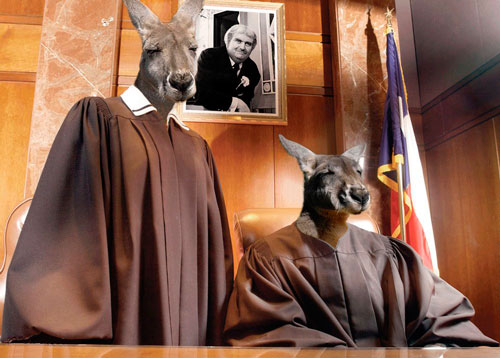So even if an elected director refuses to sign the form, it does not matter?
A director has to give up some of his rights as an owner to serve on the board. A declaration of a conflict of interests should be sufficient and to abstain from voting on a conflict of interest would be sufficient.
So if an owner is denied the right to inspect the corporation's records and therefore takes the board to small claims court to have her rights enforced, then as long as that claim is outstanding, the owner cannot run for the board.
Determined by a court? So the board determines that only the courts and not a mediator, an arbitrator or a meeting of owners, can overturn their "judgment"? The costs to both parties could be enormous.
| The
procedure to be used for the Ethics Review shall be the same
procedure used by the Board to decide all Corporation matters, except,
to ensure fairness, the director named in the Code of Ethics Violation
shall be allowed to address the Board at the meeting, but shall not
vote nor be present when the Board votes on the matter; and (b) the majority of the remaining directors, present at the meeting during the Ethics Review, determine that a Code of Ethics Violation has occurred. The decision rendered at the conclusion of the Ethics Review shall be duly minuted in the Corporation’s records. |
 |
To ensure fairness? Is the accused allowed to have legal representation at this kangaroo court?
If it is determined at the end of the Ethics Review that the Code of Ethics Violation has occurred and constitutes the subject director’s third (3rd) violation, then prior to concluding the Ethics Review, the subject director shall provide, in writing, his/her immediate resignation from the Board, failing which shall be deemed to have been provided and duly noted within the minutes as such.
